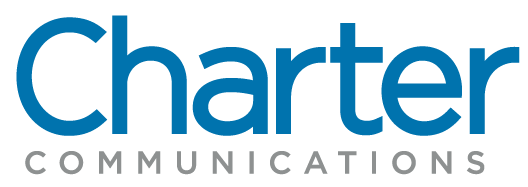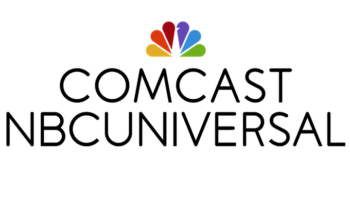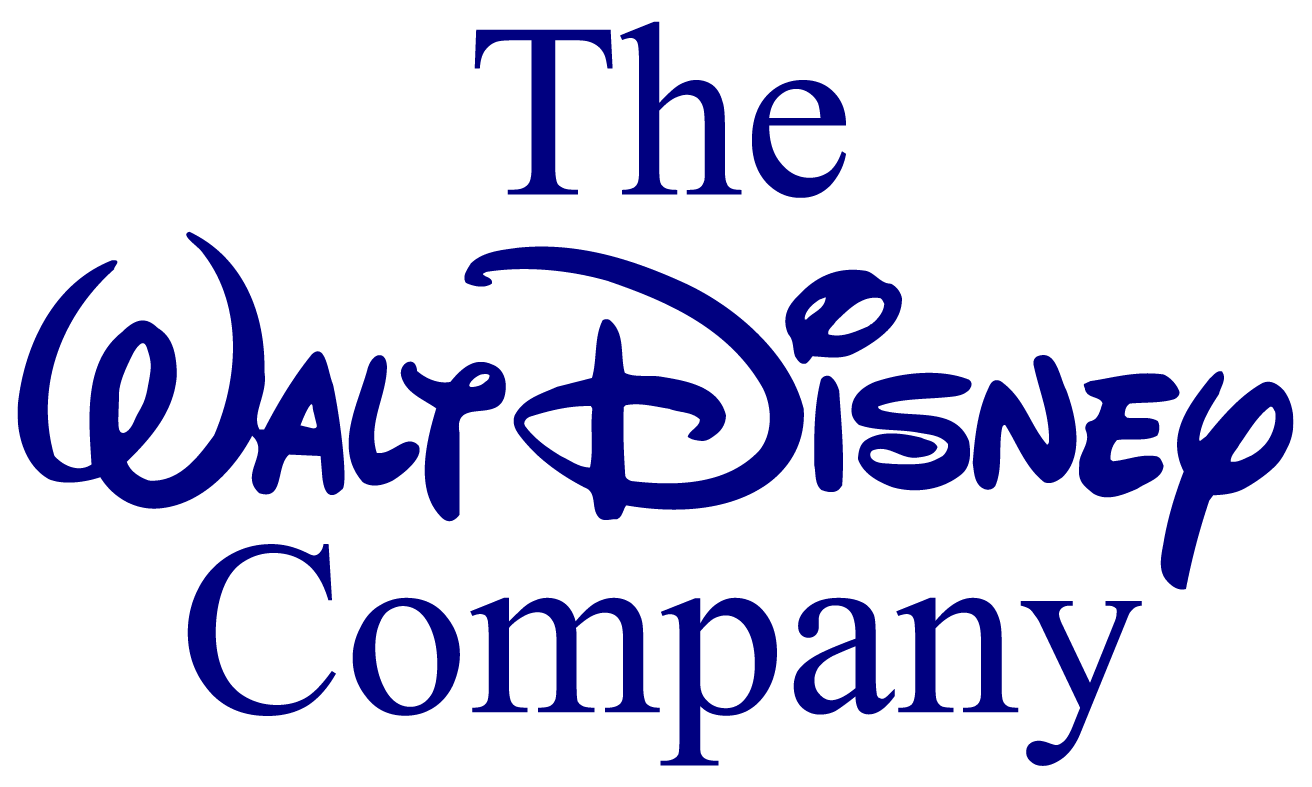The WICT Network was pleased to host our PAR at Work webinar, DEI Metrics: How Our Industry Measures Up, Thursday, June 22, 11:00 am – 12:00 pm (Eastern). In this session, we were joined by our moderator, Shebani Patel, Partner at PwC, and two panelists, Loren Hudson, SVP & Chief Diversity Officer at Comcast Cable; and Aisha Thomas-Petit, Chief People & Diversity Officer at AMC Networks. Together, they discussed the results of the 2022 PAR Workplace Diversity Survey—and the strategies our industry is implementing to improve representation of women at all levels.
By sharing these best practices and benchmarking progress through the PAR Survey and PAR at Work webinars, we help companies strengthen their workplace diversity and inclusion tactics. We know this leads to improved company performance, more innovation and higher profitability, ultimately moving our industry forward for the benefit of all.
More than 300 registrants joined us from across the globe. Maria E. Brennan, CAE, President & CEO of The WICT Network, opened the program by describing the significant impact of the PAR Survey Executive Report.
“The PAR survey, conducted every two years, helps industries, companies, leaders and the general population create a fairer and more equitable workplace,” Maria said. “In return, this helps improve performance, innovation and profitability.”
What followed was an enlightening and inspirational conversation with our moderator and panelists. Review the Q&A below to learn more about the steps for improving diversity, equity, inclusion, belonging and access in the workplace:
What strategies has your organization implemented to foster a more inclusive environment? Also, what personal milestones have you made to contribute to this goal?
Aisha: AMC has launched several DEI initiatives, one of them being Business Employee Resource Groups, or BERGS, as we like to call them. BERGs operate globally and are inclusive for Black employees, the LGBTQ+ community, environmental and social initiatives, and more. Giving our employees a voice also helps us diversify our content – and it has been a gamechanger.
Loren: As the first Chief Diversity Officer at Comcast, I was thrilled to be a part of an organization that prioritizes DEI initiatives. We incorporate feedback into everything we do. Our External Diversity Advisory Council helps make sure we are on the right track. It’s amazing to feel that every level of our organization feels a part of DEI. Recently, we had our fourth DEI Day, which is a day to share stories and offer modules and summer challenges to engage with each other. We had over 35,000 employees participate.
According to the PAR Survey Executive Report, companies need more DEI initiatives in the workplace. What are your employees asking for (regarding DEI)?
Aisha: Once again, our Business Employee Resource Groups (BERGs) are essential to leadership, which helps bring the employee perspective to the table. Self-ID is another component of providing this diverse perspective. In general, employees are asking us to care more. It is up to us to decide what to engage in, care about and give voice to. We have to have “gut checks” and look at the 360° view of voices.
Loren: We completed an annual voice satisfaction survey, in addition to an employee Net Promoter Score (eNPS) about two years ago asking DEI questions. The results found that people want to see people who look like them. They want to see themselves at all levels of leadership, on our platforms, our networks. It’s important to think about where you are putting your dollars, your investments and your time. People give you grace when you admit that you made a mistake.
Aisha: One of the most important things an organization can do is change its posture in this work. Instead of asking the question, “What can I do to help?” We should ask, “What change can be made?”
Loren: People need to realize that promoting diversity, equity and inclusion and women in the workplace is a business necessity. It’s something that needs to be focused on now.
How does your organization address unconscious bias?
Loren: Comcast offers specific courses for leaders to address this, such as providing training in performance management and the talent recruitment process. In addition, our Be Inclusive newsletter includes tips and tools to lean into, such as examples of employees’ experiences with unconscious biases.
Aisha: About eight times a year we host a number of courageous conversations, on topics such as a time to cultivate Black joy, bring to light neurodivergence and its complexities, as well as caring for your mental health as individuals and caregivers. We love to give opportunities to help create safe spaces while debunking unconscious and conscious biases.
What are the key factors of our industry’s ability to retain women?
Loren: Women have stepped into more roles than they ever had. Comcast provides benefits to women and caregivers. In addition to mental well-being, I suggest that companies focus on development, such as Comcast’s executive coaching for women with accountability partners—which are those that hold you accountable to reaching your goals. Based on our eNPS feedback, we had a 12-week program, where 410 women came together to expand the community and engage in focused learning.
Aisha: Women want to see women in decision-making seats.
Loren: Women need to support each other; if we see a woman in leadership we have won. We are not enemies.
How have your leadership tactics changed due to the injustice of the past few years?
Aisha: I think there’s been iterations of shifts—not significant change. We are moving toward cultural empathy and flexibility. In addition, we are moving from “tolerating” to embracing cultural differences. At AMC, we hope to create content that feels different than it did ten years ago. Representation continues to be a priority—and we shouldn’t have to look to Chief Diversity Officers for the answer.
Loren: We have to understand that there is a digital divide. Comcast has created initiatives for opening “lift zones,” which helps connect underserved individuals to the internet so they can fully participate in educational opportunities and the digital economy. There is a gap in access. We have the largest Black independent film collection, The Black Beauty Effect. In addition, Comcast Rise started in 2021, where we’re impacting and supporting small businesses with POC.
What is an obstacle or challenge you have faced that you would like to share?
Loren: Data is very important in our work, and many employees look to us, now more than ever to have a voice or an opinion. We have to continue being more transparent with data.
Aisha: This industry could use a healthy dose of outside perspective, otherwise you wouldn’t know what other organizations are doing to improve DEI. It’s always helpful to look to outside sources.
Studies found a decrease in female representation of Board of Directors- what advice would you give to female executives to prepare?
Loren: Our board is 50% diverse in gender and race. When we are offered development opportunities for what to expect, it is always a benefit.
Aisha: I believe that it’s not always an issue of preparedness, as it is more an issue of access. Not having, or being given access, specifically. I challenge organizations to focus on access as much as preparedness and development.
How should we acclimate teams post-pandemic?
Aisha: I suggest developing middle managers.
Loren: I agree. Middle level has broader reach, as they can support both their teams and gain insights from higher-level employees.
***
Don’t forget to register for our 2023 Leadership Conference this fall, September 18-19, at the New York Marriott Marquis. Click here to learn more. To watch this session, and other inspiring webinars we’ve hosted, please visit our Online Learning Library.
Article published: June 30, 2023




